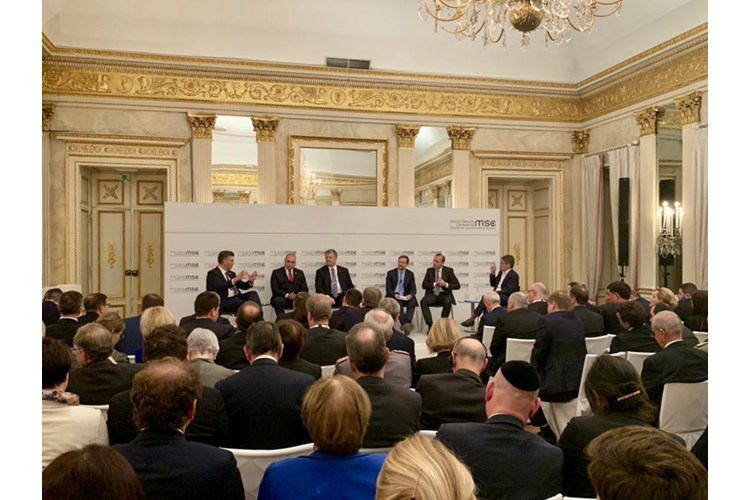


Similar statements in the past have provoked sharply-worded responses from Moscow which believes that "parallel domestic structures" encourage Kiev's "war campaign" rather than call for the restoration of dialogue with Moscow through the Minsk process.
Speaking at the Munich Security Conference, Plenkovic said that the experience of Ukraine and Georgia was comparable to that of Croatia, parts of whose territory were occupied by Serb insurgents backed by the Yugoslavia from 1990 to 1998.
"We had two solutions: a military solution and a diplomatic solution. The solution that relied on pressure and diplomacy resulted in the reintegration of our territory," Plenkovic said.
He said that this model could be applied to Ukraine and George, adding that the two countries would have fared better had they been members of the EU and NATO.
"Ukraine and Georgia are neither members of the EU nor of NATO and this complicates the situation. Had they been members, the situation would have been much different," said Plenkovic, who had formerly served as chief of the European Parliament delegation for relations with Ukraine.
The Ukrainian ministry for temporarily occupied territories and displaced persons said recently it was studying the Croatian model for the reintegration of its eastern Donbass region, controlled by Moscow-backed pro-Russian rebels since 2014.
Georgia, which fought a war with Russia in 2008, has been left without its breakaway provinces of Abkhazia and East Ossetia which depend on Moscow militarily and economically.
Croatia regained sovereignty over its Eastern Slavonia, Baranja and Western Srijem region in January 1998 after a UN transitional authority was established there in 1996.
Text: Hina